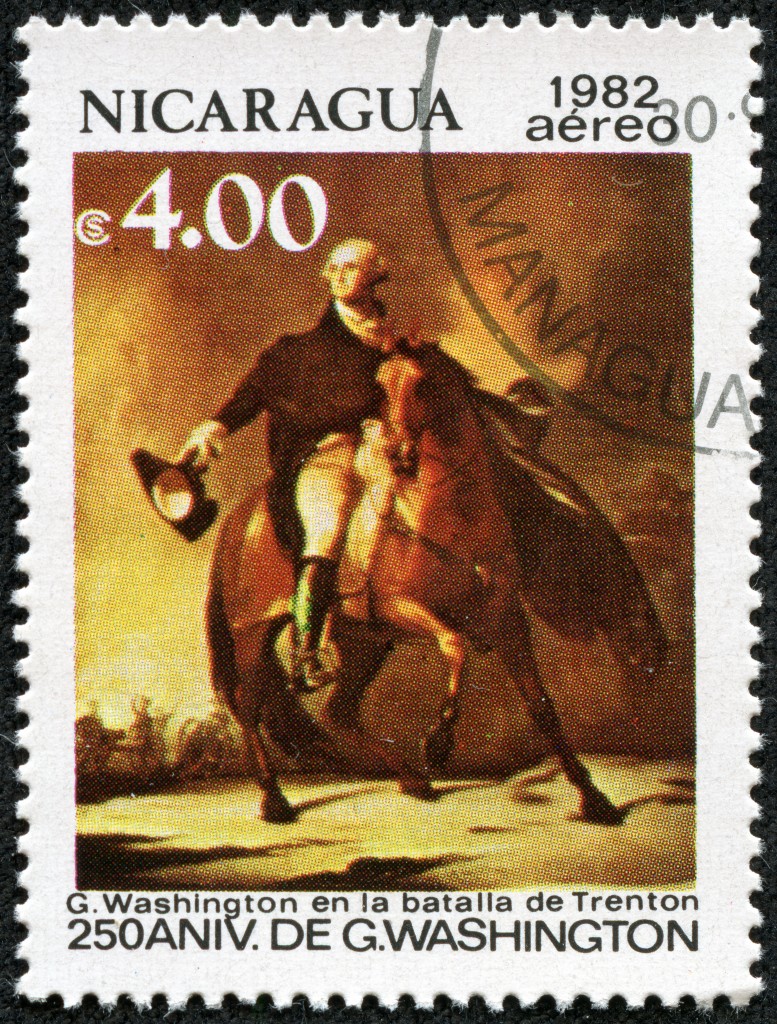Alternative Emerging Investor had a great article back in July that once again reexamines how US power is in decline and how it could change that if it focused on more important things than bombing another nation in the Middle East.
By Shlomo Ben-Ami | July 3, 2013
It is a mantra increasingly heard around the world: US power is in decline. And nowhere does this seem truer than in Latin America. No longer is the region regarded as America’s “backyard”; on the contrary, the continent has arguably never been so united and independent. But this view fails to capture the true nature of US influence in Latin America – and elsewhere as well.
It is true that US attention to Latin America has waned in recent years. President George W. Bush was more focused on his “global war on terror.” His successor, Barack Obama, seemed to give the region little thought as well, at least in his first term.
Indeed, at the Summit of the Americas in Cartagena in April 2012, Latin American leaders felt sufficiently confident and united to challenge US priorities in the region. They urged the US to lift its embargo on Cuba, claiming that it had damaged relations with the rest of the continent, and to do more to combat drug use on its own turf, through education and social work, rather than supplying arms to fight the drug lords in Latin America – a battle that all acknowledged has been an utter failure.
It is also true that Latin American countries have pursued a massive expansion of economic ties beyond America’s sway. China is now Latin America’s second-largest trading partner and rapidly closing the gap with the US. India is showing keen interest in the region’s energy industry, and has signed export agreements in the defense sector. Iran has strengthened its economic and military ties, especially in Venezuela.
Similarly, in 2008, Russia’s then-President Dmitri Medvedev identified the US war on terror as an opportunity to create strategic partnerships with rising powers such as Brazil, and with the Bolivarian Alliance for the Americas (ALBA), a Venezuelan-inspired bloc opposed to US designs in the region. The energy giant Gazprom and the country’s military industries have spearheaded the Kremlin’s effort to demonstrate Russia’s ability to influence America’s neighborhood – a direct response to perceived American meddling in Russia’s own “near abroad,” particularly Georgia and Ukraine.
Yet it would be a mistake to regard Latin America’s broadening international relations as marking the end of US preeminence. Unlike in the bygone era of superpowers and captive nations, American influence can no longer be defined by the ability to install and depose leaders from the US embassy. To believe otherwise is to ignore how international politics has changed over the last quarter-century.
A continent once afflicted by military takeovers has slowly but surely implanted stable democracies. Responsible economic management, poverty-reduction programs, structural reforms, and greater openness to foreign investment have all helped to generate years of low-inflation growth. As a result, the region was able to withstand the ravages of the global financial crisis.
The US not only encouraged these changes, but has benefited hugely from them. More than 40% of US exports now go to Mexico and Central and South America, the US’s fastest-growing export destination. Mexico is America’s second-largest foreign market (valued at $215 billion in 2012). US exports to Central America have risen by 94% over the past six years; imports from the region have risen by 87%. And the US continues to be the largest foreign investor on the continent. American interests are evidently well served by having democratic, stable, and increasingly prosperous neighbors.
This new reality also demands a different type of diplomacy – one that recognizes the diverse interests of the continent. For example, an emerging power such as Brazil wants more respect on the world stage. Obama blundered when he dismissed a 2010 deal on Iran’s nuclear program mediated by Brazil and Turkey (despite having earlier endorsed the talks). Other countries might benefit from US efforts to promote democracy and socioeconomic ties, as Obama’s recent trips to Mexico and Costa Rica show.
Trade relations provide another all-important lever. President Sebastian Piñera of Chile visited the White House earlier this week to discuss, among other things, the Trans-Pacific Partnership (TPP), an ambitious trade agreement that might encompass New Zealand, Singapore, Australia, Mexico, Canada, and Japan. President Ollanta Humala of Peru is expected in the White House next week, while Vice President Joe Biden is scheduled to visit Latin America soon after.
Language and culture matter, too. Given the extraordinary growth of Latinos’ influence in the US, it is almost inconceivable that America could lose its unique status in the region to China or Russia, let alone Iran.
Gone are the days when military muscle and the politics of subversion could secure US influence – in Latin America or anywhere else. A world power today is one that can combine economic vigor and a popular culture with global outreach on the basis of shared interests. The US is better positioned than any other power in this respect, particularly when it comes to applying these advantages in its immediate vicinity.
About the author
Shlomo Ben-Ami, a former Israeli foreign minister and internal security minister, is Vice President of the Toledo International Center for Peace. He is the author of Scars of War, Wounds of Peace: The Israeli-Arab Tragedy.
